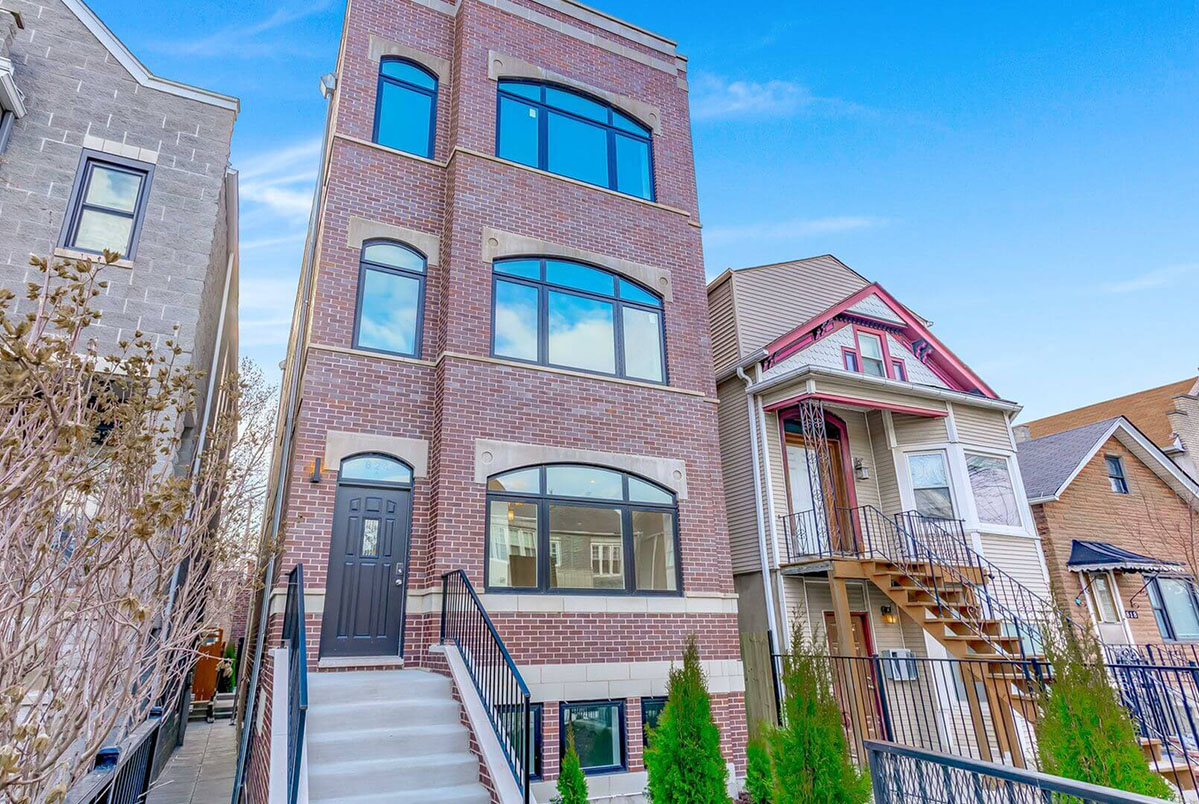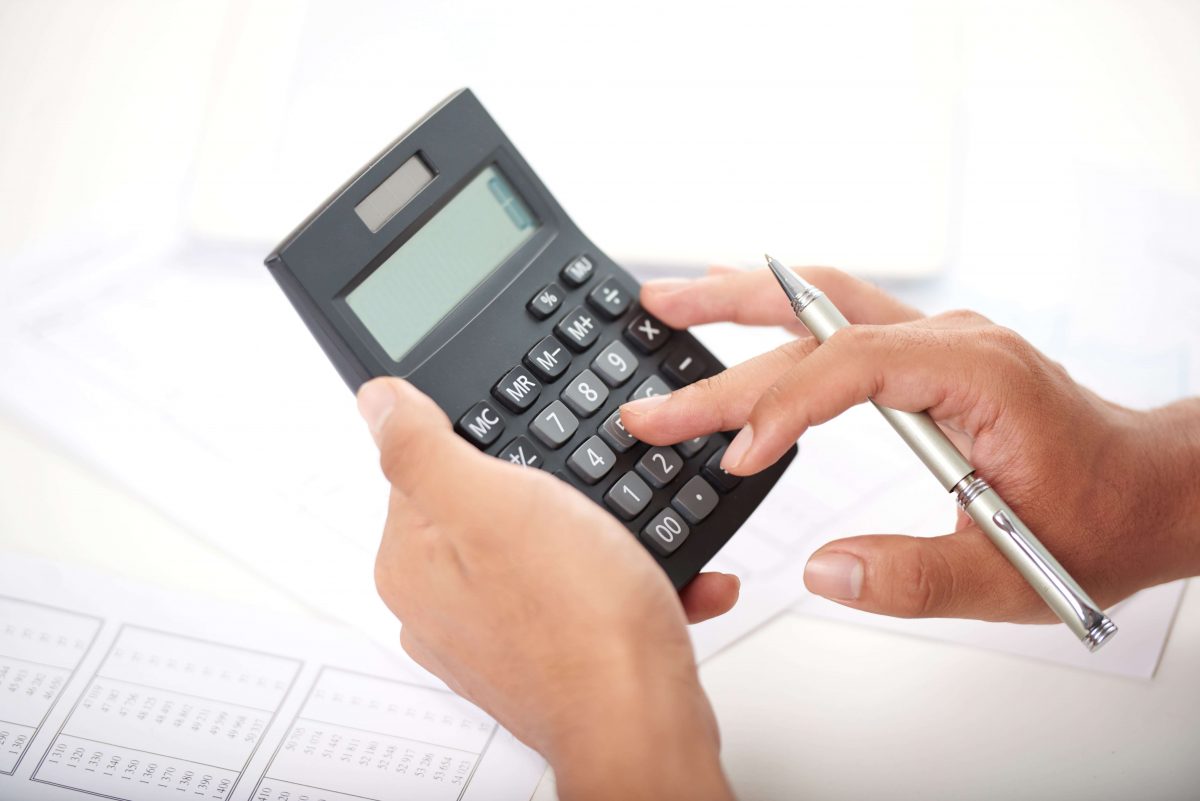A tax imposed on a real estate property by the government is called property tax. The local government supervises the regulation and collection of such taxes within its jurisdictions.
● Some of the taxable properties are:
● Land (with or without constructions)
● Buildings
● Vehicles, RVs, and boats (in some states)
The local government sets up the property taxes based on either the market or appraised value of the properties. The assessed value is always lower than the current market price.
The property tax rates fluctuate as per the change in property value over time. The location of the property also impacts it. You pay more taxes if your property is situated in a prime location or a prestigious neighborhood.
Many taxing authorities use a "millage rate" instead of a percentage of the property's value to determine the taxes. One "mill" equals one-thousandth of a dollar. For instance, if the property tax rate on residential homes in your area is 20 mills, you will pay $20 for every $1,000 in the assessed price. If your home's assessed value is $350,000, you will pay $7,000 in taxes. In the case of a percentage system, it will be $17,500 at a 5% tax rate on residential properties.
Most property taxes have to be paid on an annual basis. However, if you feel the tax bill of your land or home is unreasonably higher, you can appeal to the local taxing authority for a reassessment.
Property taxes are a significant fund collection source for the local governments in the United States. They use this money to develop various public services and infrastructures.
- [GMG] Global Property Investor – Paris Real Estate Booms Ahead of Olympics
- How Trump vs. Harris + The Fed will affect you?
- Unlocking Dubai Mortgages: A Guide for Expats and Overseas Investors Transcript
- Global Property Investor – U.K. Home Prices Forecast Up 3.5%
- Q&A: Unlocking Dubai Mortgages: A Guide for Expats and Overseas Investors



